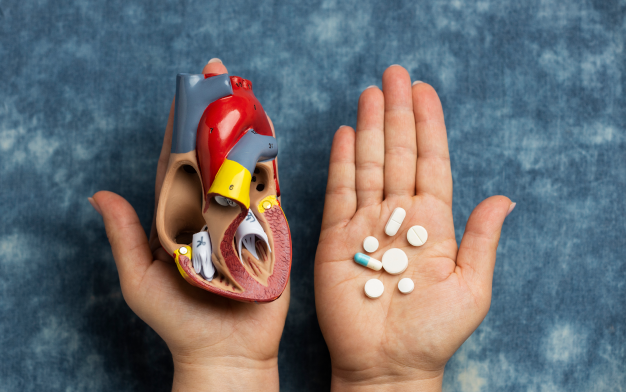Introduction
Heart attacks, or myocardial infarctions, are a significant health concern worldwide, claiming countless lives each year. Despite their prevalence, numerous misconceptions and myths surround this life-threatening condition. It's crucial to dispel these misconceptions to promote awareness, early recognition, and proper prevention. In this article, we'll debunk some of the most common misconceptions about heart attacks to help you better understand this critical health issue.
Misconception 1: Heart Attacks Only Happen to Elderly People
Fact: While the risk of heart attack increases with age, they can happen to anyone, regardless of their age. In recent years, heart attacks in young adults, even those in their 20s and 30s, have been on the rise. Lifestyle factors, genetics, and underlying medical conditions can all contribute to heart attacks in younger individuals.
Misconception 2: Heart Attacks Are Always Accompanied by Severe Chest Pain
Fact: Not all heart attacks are characterized by severe chest pain. While chest discomfort is a common symptom, it can also manifest as pressure, tightness, fullness, or pain radiating to other areas, such as the arms, jaw, neck, or back. Some individuals, especially women, may experience atypical symptoms like shortness of breath, nausea, or extreme fatigue.
Misconception 3: You Can Self-Diagnose a Heart Attack
Fact: Attempting to self-diagnose a heart attack can be dangerous. Symptoms vary among individuals, and some heart attacks are "silent," showing minimal or no symptoms. If you suspect a heart attack, it is crucial to seek immediate medical attention. The sooner treatment is administered, the better the chances of survival and recovery.
Misconception 4: You Can't Have a Heart Attack If You Have Normal Cholesterol Levels
Fact: While high cholesterol levels are a risk factor for heart disease, including heart attacks, they are not the sole determinant. Many heart attacks occur in individuals with normal cholesterol levels. Other risk factors, such as high blood pressure, smoking, obesity, and diabetes, also play a significant role.
Misconception 5: Heart Attacks Are Always Fatal
Fact: While heart attacks can be fatal, they do not always result in death. Advances in medical treatment, early recognition, and improved access to healthcare have significantly increased the chances of survival. Immediate medical intervention, such as administering clot-busting drugs or performing angioplasty to restore blood flow to the heart, can save lives.
Misconception 6: Heart Attacks Are Inevitable for People with a Family History
Fact: A family history of heart disease or heart attacks does increase your risk, but it does not guarantee that you will have a heart attack. Lifestyle choices and medical management play a substantial role in reducing this risk. It's essential to work with a healthcare provider to monitor and manage any inherited risk factors.
Misconception 7: Women Don't Experience Heart Attacks Like Men
Fact: Heart attacks in women may not always present with the classic "Hollywood heart attack" symptoms. Women can have atypical symptoms, and heart disease is often underdiagnosed in females. It is crucial for both men and women to recognize the symptoms of a heart attack and seek medical help when in doubt.
Conclusion
Understanding the realities of heart attacks and dispelling common misconceptions is essential for early recognition and prevention. Heart attacks can happen to anyone, and they may not always present with typical chest pain. Promoting awareness, a heart-healthy lifestyle, and regular check-ups is crucial for reducing the risk and improving the overall cardiovascular health of individuals worldwide. It's always better to be cautious and seek immediate medical help if you suspect a heart attack; it could save your life or the life of someone you care about.
.pdf%20300X60%20PX-02-02.svg)



